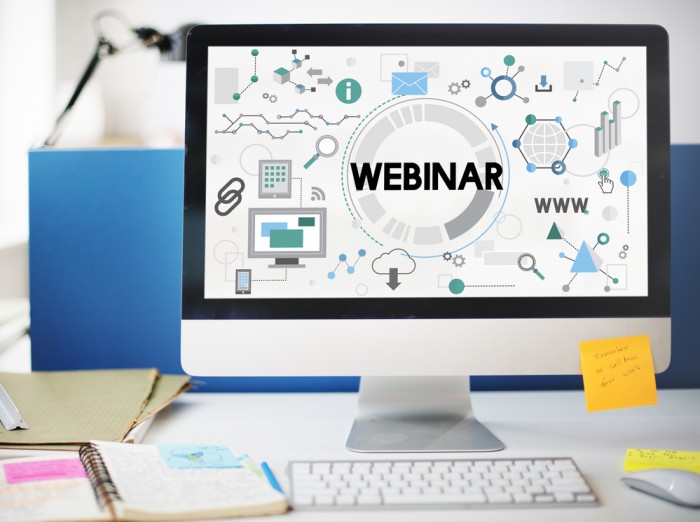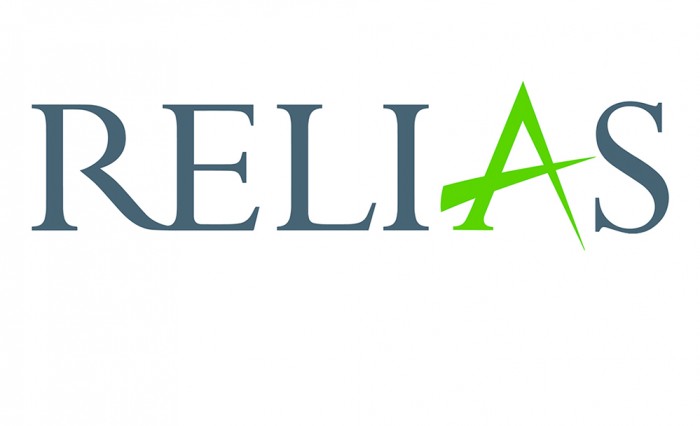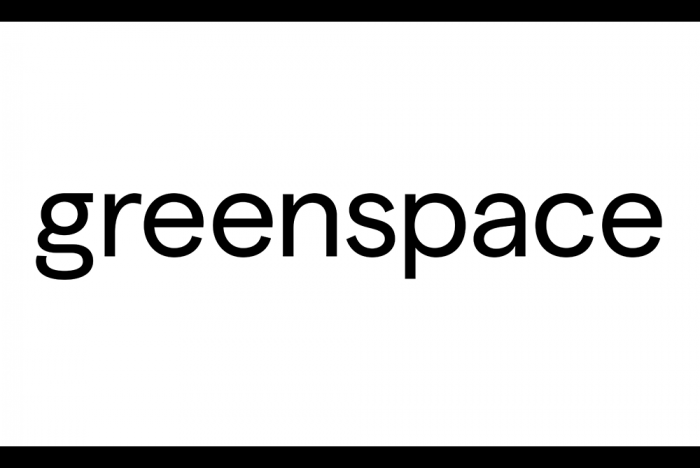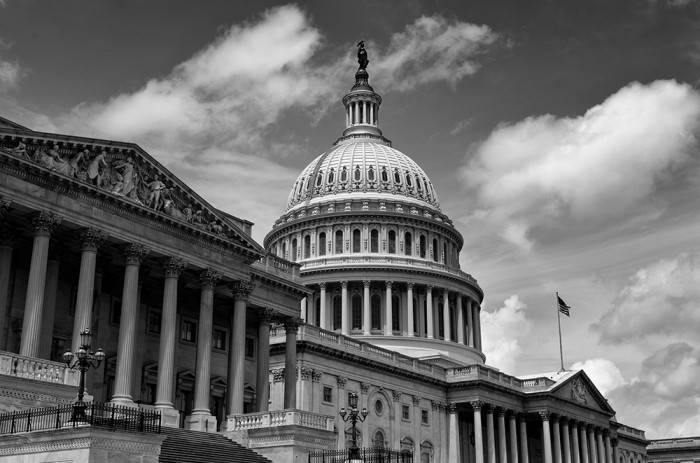(features quotes from RCPA President/CEO Richard Edley, and RCPA members Joanne Tangney of Success Rehabilitation, Inc. and Melissa Mcgoey of Merakey)
Source: Phillyburbs.com | November 5, 2025
Agencies that care for some of Pennsylvania’s most vulnerable residents are borrowing money from banks and family members, digging deep into their savings and pulling back services to cope with a state budget that’s more than four months late.
These providers give shelter to individuals with debilitating mental health conditions, in-home support for disabled and older people and therapy for children with developmental delays.
But with a partisan logjam leaving Pennsylvania without a budget since July 1, the agencies are now missing millions in government funding that should compensate them for these safety net responsibilities. The lapse has put many of them in a bind: Either withdraw services from people who depend on them or work without pay until the state passes a spending plan.
“There’s no money, but (officials) are asking the providers to figure out how to do it,” said Mia Haney, CEO of the Pennsylvania Homecare Association. “If the provider says no, they’re the one making the call that the consumer can’t get the care.”
Not all human services funding in the commonwealth has dried up, as many counties step in with assistance and Medicaid revenues continue unabated.
However, state aid often fills gaps for people who don’t qualify for federal assistance or who are on waitlists. The aid also helps provide early intervention for children and support for older Pennsylvanians who want to keep living in their homes rather than moving into institutional settings.
For instance, Pennsylvania Lottery money is the primary revenue source for the 52 local agencies that run programs for older adults, said Rebecca May-Cole, executive director of the Pennsylvania Association of Area Agencies on Aging.
Statewide, at least 1,449 older people are on waitlists for services because of the delay in payments, and more than 500 individuals have been affected as agencies scale back the number of home-delivered meals they provide, according to a survey recently conducted by May-Cole’s association. Because not all area agencies responded to the survey, those figures likely underrepresent the problem, she said.
“It’s unconscionable to me that we’re not able to support these people in their homes and prevent this kind of damage to somebody because of budget impasses, a lack of funding,” May-Cole said. “These are real people. This is my mother, my grandmother, my neighbor.”
‘Difficult way to run a business’
Joanne Tangney, CEO of a Pennsylvania company that serves clients who have concussions and other brain trauma, said people arrive at Success Rehabilitation with a wide variety of needs, reflecting the complexities of the brain and what happens when it is injured.
Sometimes, the trauma causes paralysis or another physical impairment. It can also bring a host of mental health issues, from depression and eating disorders to substance abuse, Tangney said.
Clients are often covered through Medicaid, and Success Rehabilitation is still getting that revenue. But the state typically provides short-term funding — totaling up to $100,000 or a year of support — for people who haven’t yet enrolled in a permanent assistance program or those with less severe conditions who might only need temporary services.
That money has halted for the time being, and Tangney estimated Success Rehabilitation is owed about $250,000. However, she said her company has continued caring for clients who should be covered by this revenue stream.
“To be honest, it’s a difficult way to run a business, it really is, when you just don’t know what’s coming down the pike,” she said.
Jean Hurd’s son, Radi, is a longtime client at Success Rehabilitation because of a brain injury he suffered about 18 years ago when a truck struck him. After coming out of a coma, Radi made a remarkable recovery, Hurd said, regaining the ability to walk and talk.
But the brain injury left him with cognitive complications, making it hard for him to remember step-by-step instructions and leading to agitation in group social settings.
“Imagine if you had no filter for some of the thoughts in your mind. So you’re really angry with someone and you really would like to curse them out,” she said. “Well, Radi will just go ahead and do that.”
After years of therapy and support, Hurd said Radi, now 40, has made significant strides in managing these behaviors and is a “delight” to spend time with. He lives with a roommate in a Success Rehabilitation townhome in Bucks County, socializes with friends he’s met through the brain injury program and tends a vegetable garden in his back yard. Hurd hopes that, as his healing continues, he’ll eventually be able to work a job.
Success Rehabilitation hasn’t yet scaled back services or reduced staffing because of the budget impasse, but Tangney said she’s prepared to borrow money through a line of credit if the budget stalemate keeps going. Suspending services is not an option given the acuity level of the clients, some of whom can be physically aggressive, she said.
“If things got to where we could not safely care for the clients, we would be looking at discharging clients with an average age … of 40 into nursing homes.” she said.
Working without pay
Michele Mann, owner of a Monroe County agency that helps babies and toddlers with developmental disabilities, said she’s had to borrow money from relatives to help cover a roughly $30,000 shortfall during the budget impasse, a significant sum for her relatively small company.
Still, she said ECD Connections has continued offering speech, occupational and physical therapies to families, knowing how critical the first three years of life are in a child’s development.
“If you take care of the issues when they’re younger, they can be repaired or rectified … and they won’t need services as they get older, which then becomes more expensive,” Mann said. “So these little babes cannot afford to be without services.”
Many of the commonwealth’s aging agencies are surviving by pulling from their savings, and the survey distributed by May-Cole’s association found 24 of them have collectively spent at least $31.4 million in reserves since July. They’ve also imposed hiring freezes, borrowed funds and asked landlords and vendors for forbearance.
But they’ve also had to chip away at certain services, she said.
Some, she said, have stopped distributing personal alert systems that allow older adults to summon help if they fall or need emergency assistance. Though simple, these devices are sometimes all someone needs to live safely on their own, she said.
Other older adults just require some help getting dressed or bathing in order to live independently. But because of the ongoing funding delays, some area agencies have started waitlists for this personal care aid, according to May-Cole.
The ongoing funding freeze is also undermining financial stability of the commonwealth’s senior centers at a time when 23 of them are at risk of closure. The area agency that serves Erie County has already shut down one center because of the impasse, May-Cole reported.
And Haney said some home care providers for elderly and disabled people have chosen to focus their limited staffing on clients who are still bringing in revenue, pulling services away from individuals whose care is currently not being reimbursed.
Many counties have stepped in to prop up their local aging agencies and other human service providers, but it’s unclear how long that funding will last. If big jurisdictions cut off support, even large, financially resilient organizations could start buckling, said Melissa McGoey, a north-central Pennsylvania executive for Merakey, a human services provider with a national footprint.
Merakey’s size has insulated it from some of the recent funding impacts, she said, but the company can’t go forever without reimbursement for services it offers Pennsylvanians dealing with behavioral health problems and intellectual and developmental disabilities, she said.
Twelve counties in the commonwealth — including Carbon, Monroe, Pike and Schuylkill counties — have stopped paying so far, and she estimates the company is owed about $3 million in compensation. If Philadelphia and Allegheny County follow suit, she said Merakey would be forced into painful decisions.
“If they cease their payments, our ability to continue operations, it’s going to be severely impacted,” she said. “We’re going to face program closures and difficulty paying our employees, for sure.”
Ripple effects
There were signs in late October that Senate Republicans and House Democrats in Harrisburg might be nearing a budget deal, figuring out how to settle major disagreements over education funding and energy policy, SpotlightPA reported.
Though agencies expect they’ll eventually get reimbursed by the state or counties for the services they’ve already offered, they’ll likely have to eat any borrowing costs they’ve incurred in the meantime. This prospect is a bitter pill for organizations still smarting from the debt they accumulated during past budget holdups, according to the Rehabilitation and Community Providers Association.
“They cannot weather the same burden again, and some of those resources are no longer available to them,” Richard Edley, the association’s president, wrote in a Sept. 30 letter to Gov. Josh Shapiro and legislative leaders.
The stalemate also deepens the financial predicament for agencies that say they’re grappling with years of underfunding. Tangney said providers in her field haven’t seen an increase in 15 years and have barely scraped by, let alone saved up large amounts of cash to survive hard times.
In-home caregivers and early intervention specialists also say they’ve been pushing the state for reimbursement increases so they can keep up with inflation and manage staffing shortages.
Even when state lawmakers do finally adopt a budget, May-Cole anticipates it will take officials time to work through the four-month backlog in payments. It could be weeks before the money actually lands in providers’ bank accounts, she worries.
Even if human services agencies can reopen their services, she said they might hesitate, since state leaders are making a habit of blowing their budget deadlines. This is the fourth late spending plan in a row, so even as providers recover from one impasse, some might start steeling themselves for the next one.
“I’m going to have to keep more money in reserve and not touch it,” Mann said. “God forbid this should happen again.”
Bethany Rodgers is a USA TODAY Network Pennsylvania investigative journalist.

















